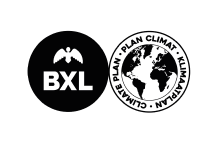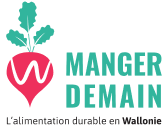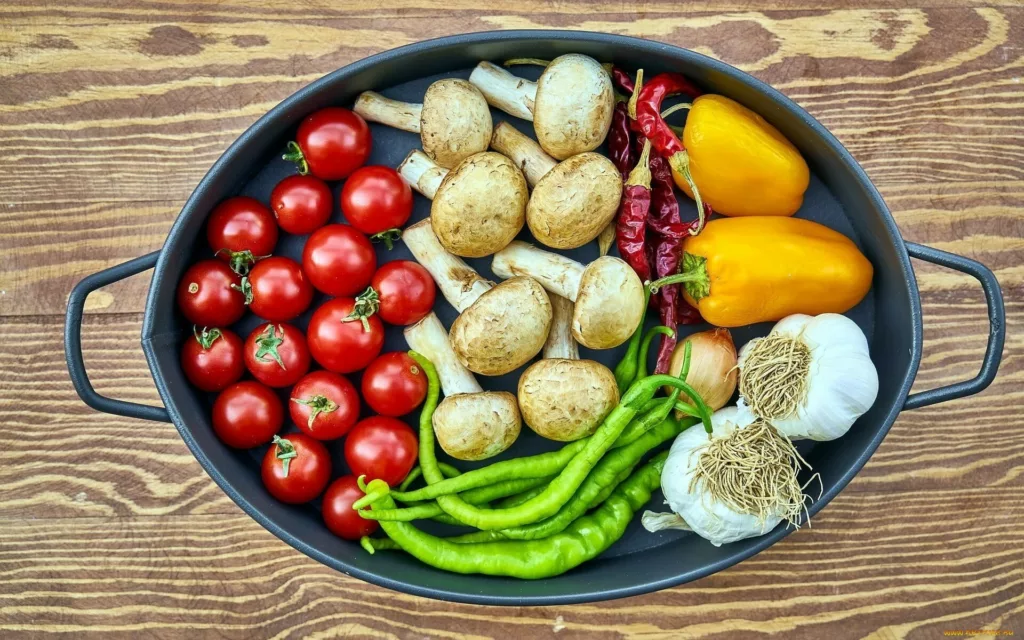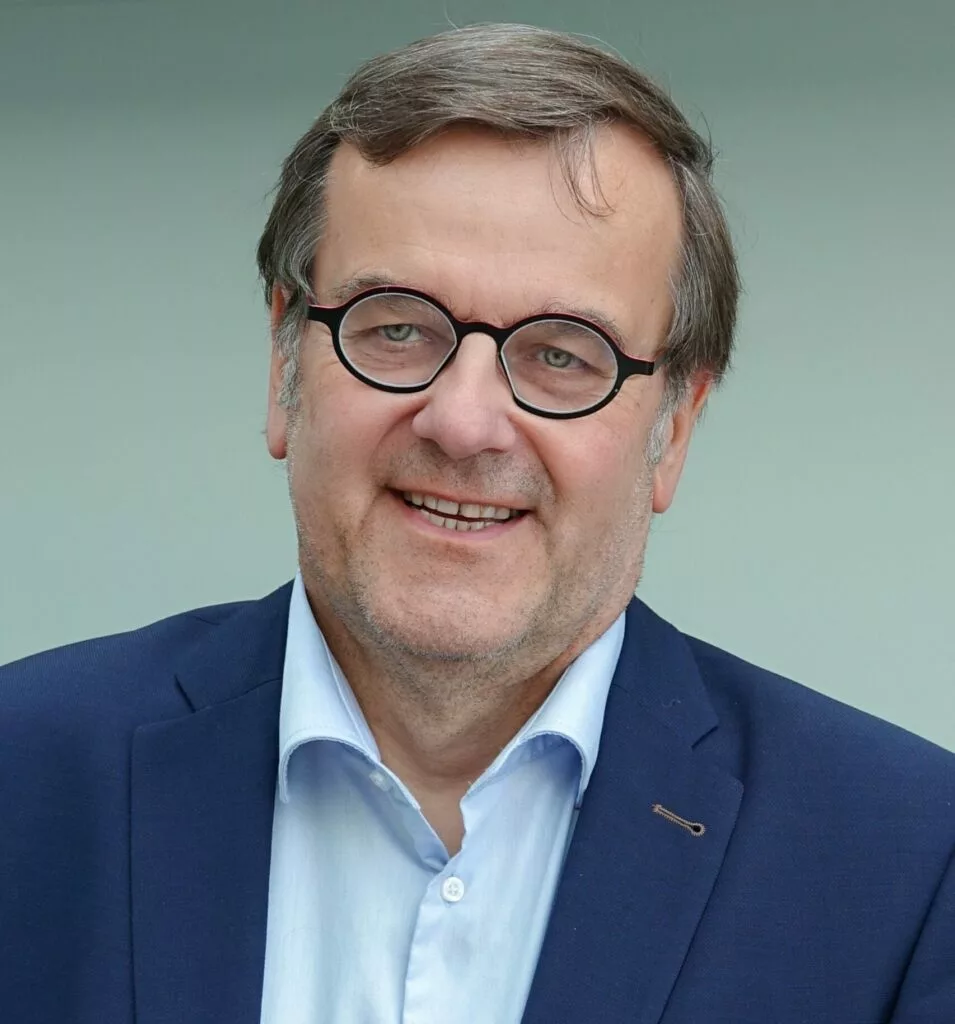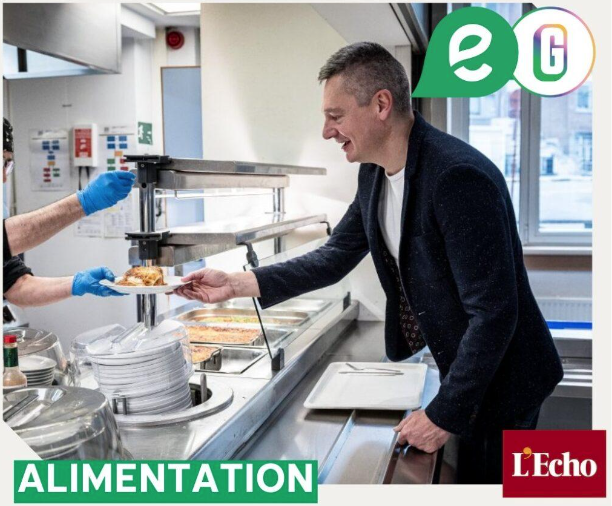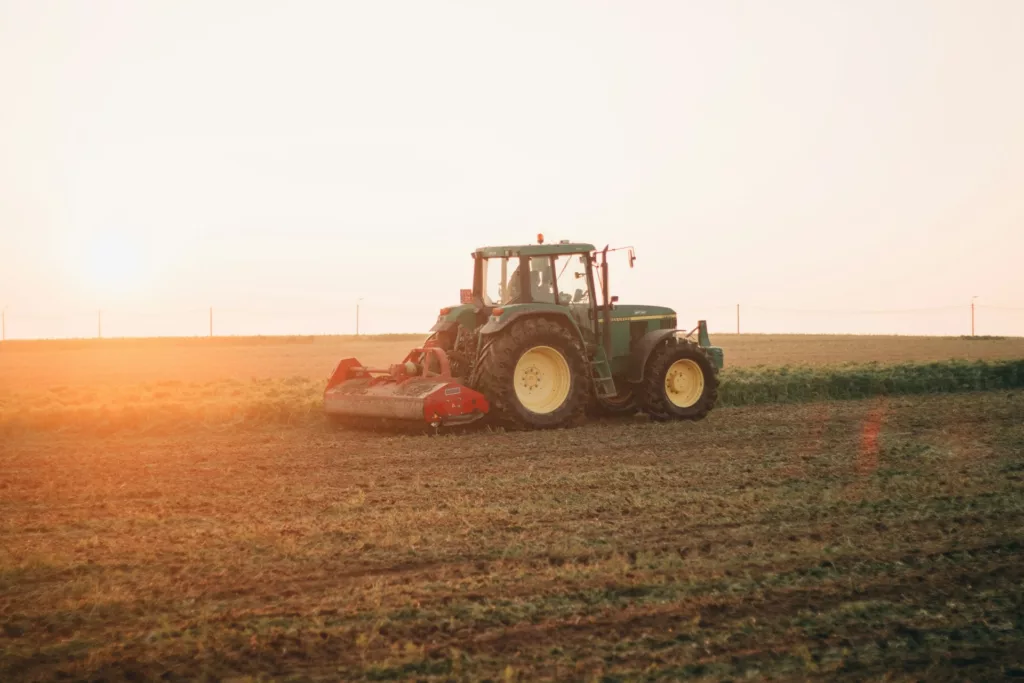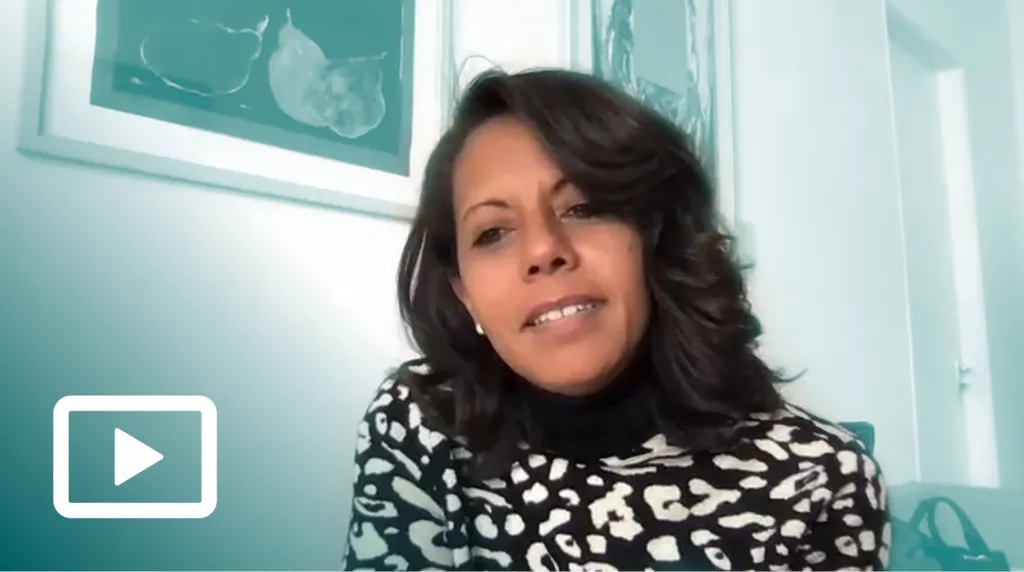This plea highlights that the sustainable food systems regulation currently being drafted at the European level should integrate three issues:
Coincidence of the calendar, on January 24, 2024, in a particularly sensitive agricultural context, France Urbaine, Agores, the Lascaux Center for Transitions, the cities of Brussels, and Mouans-Sartoux, Eating City and the “Cellule Manger Demain” (Walloon region) introduced the outcome of several months of reflection to renovate the framework for public procurement in the food sector.
A simple objective: a three-part European regulation to renovate public procurement.
1
To redefine food as part of a global health perspective, in close connection with its environment.
For what purpose? To open up the possibility of introducing geographical criteria into food procurement contracts. This is not about promoting local for local’s sake, but rather a local that contributes to regional development and overall resilience. In the future, any local authority should be able to make a secure purchase from a producer who can contribute to planting hedges, restoring soil, improving air and water quality, diversifying the agricultural sector, and re-establishing certain food sectors within its territory.
2
To bring together in a single regulation the requirements scattered throughout European law.
What’s the point? To highlight the fact that food is rooted in a broader body of law, and to promote greater coherence in European law. Soil Directive is about food. Water directives, regulations on plastics, on traceability, on transparency… also concern food.
3
To allow a free choice of procedure for 50% of the annual volume of food purchases.
What purpose? To address the difficulties caused by price and volume volatility, and by the lack of flexibility in terms of clauses on duration and negotiability of contracts, to reach out more effectively to small-scale producers, and to halt the drastic and accelerating decline in the number of farmers. Free choice is not the same as free choice to do anything. The suspicions surrounding such a proposal overlook that mutual agreement exists and is perfectly legal. Our proposal is based on a public territorial strategy based on a diagnosis of the needs of the territory and constructed within an inter-stakeholder framework.
Is this legal? Renewable energy communities, created under European law, are a similar model, and numerous developments in European law suggest that this proposal could prosper without any immediate changes to market directives.
To those who argue that we can already get by with the current law and urge us to be more efficient and better lawyers, we reply that the current framework remains an obstacle for the most advanced. If we have to do better, will we be able to do better fast enough to halt the accelerating disappearance of many operators? Or will our markets become very performing, but therefore will become closed without further action for lack of producers to respond?
Let's put the question simply: a framework for freeing up public procurement? and why not ?
Watch the declaration presentation webinars !
Webinar of April 23, 2025
Webinar of January 24, 2024
Webinar of April 26, 2024
Filter
This declaration cannot be signed by individuals, but on behalf of organizations and their networks (local authorities and their associations, NGOs and their networks, business associations, etc.) committed to these issues and supporting this proposal. The declaration will be distributed ahead of the European election campaign, and be given to newly elected members of parliament and members of the Commission after the elections. You’lle receive a confirmation by e-mail.
Support the joint declaration
